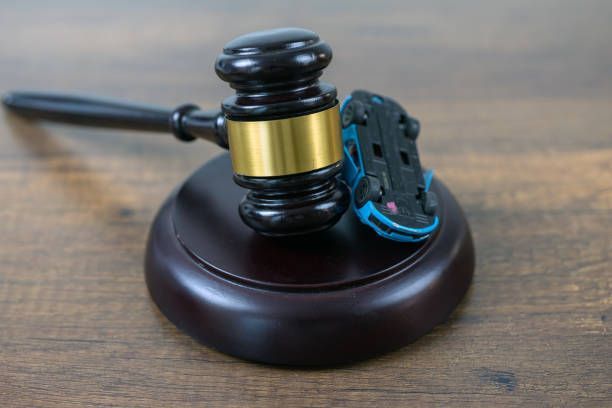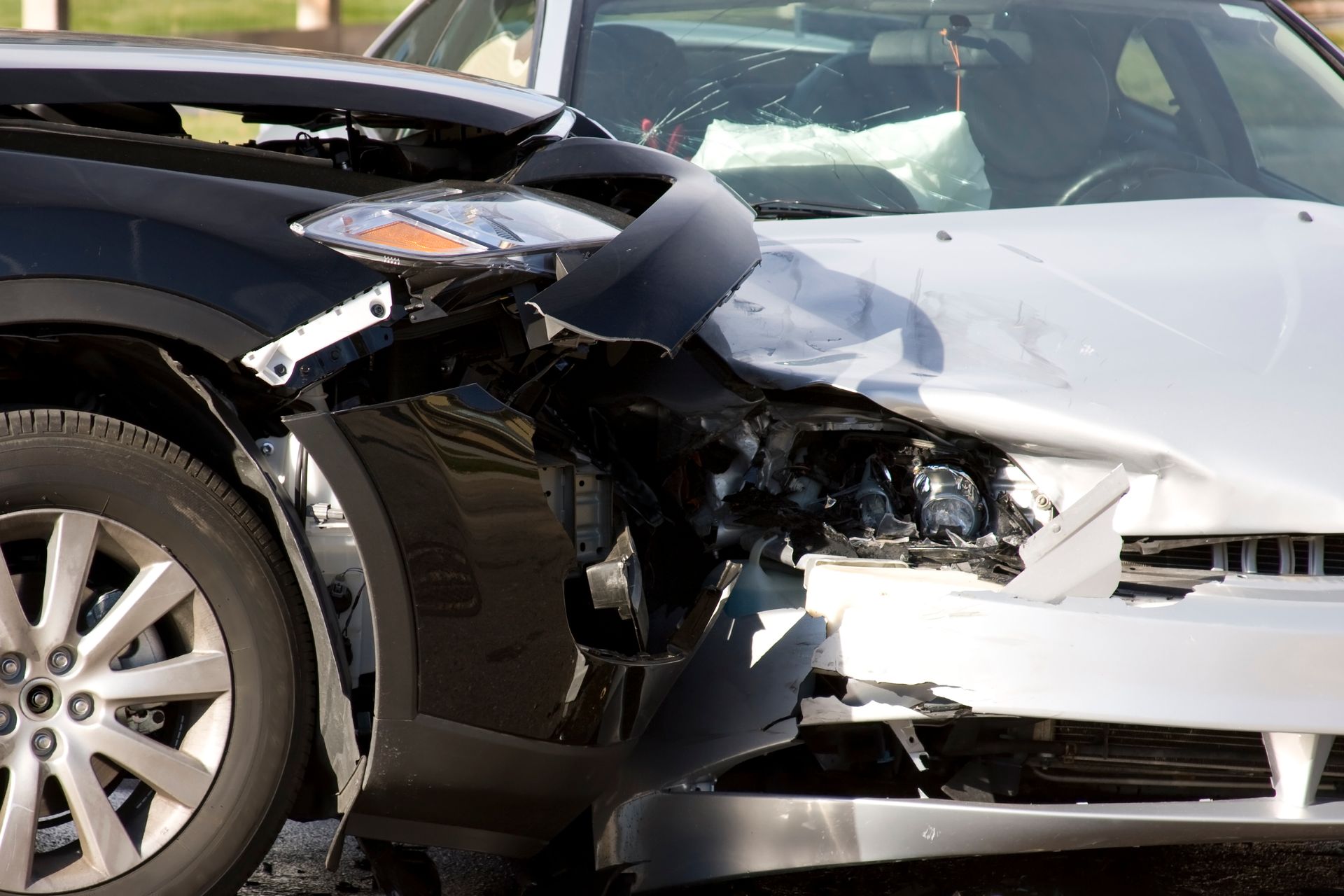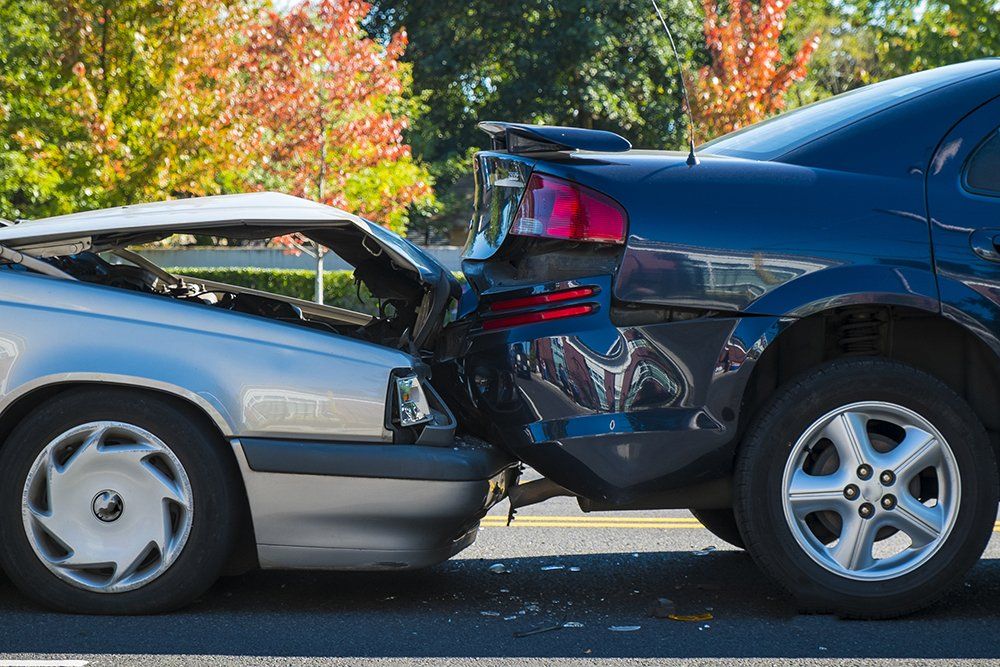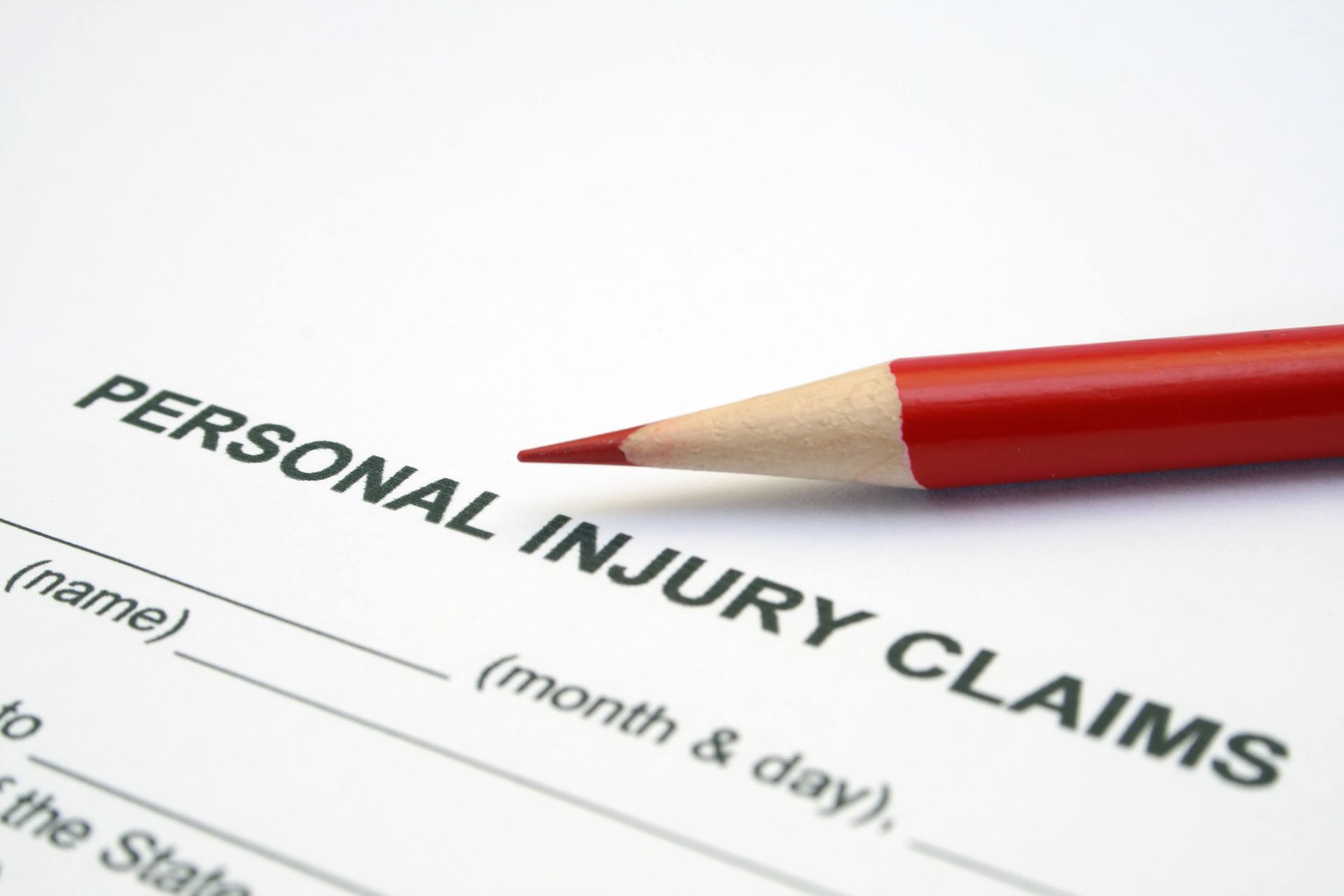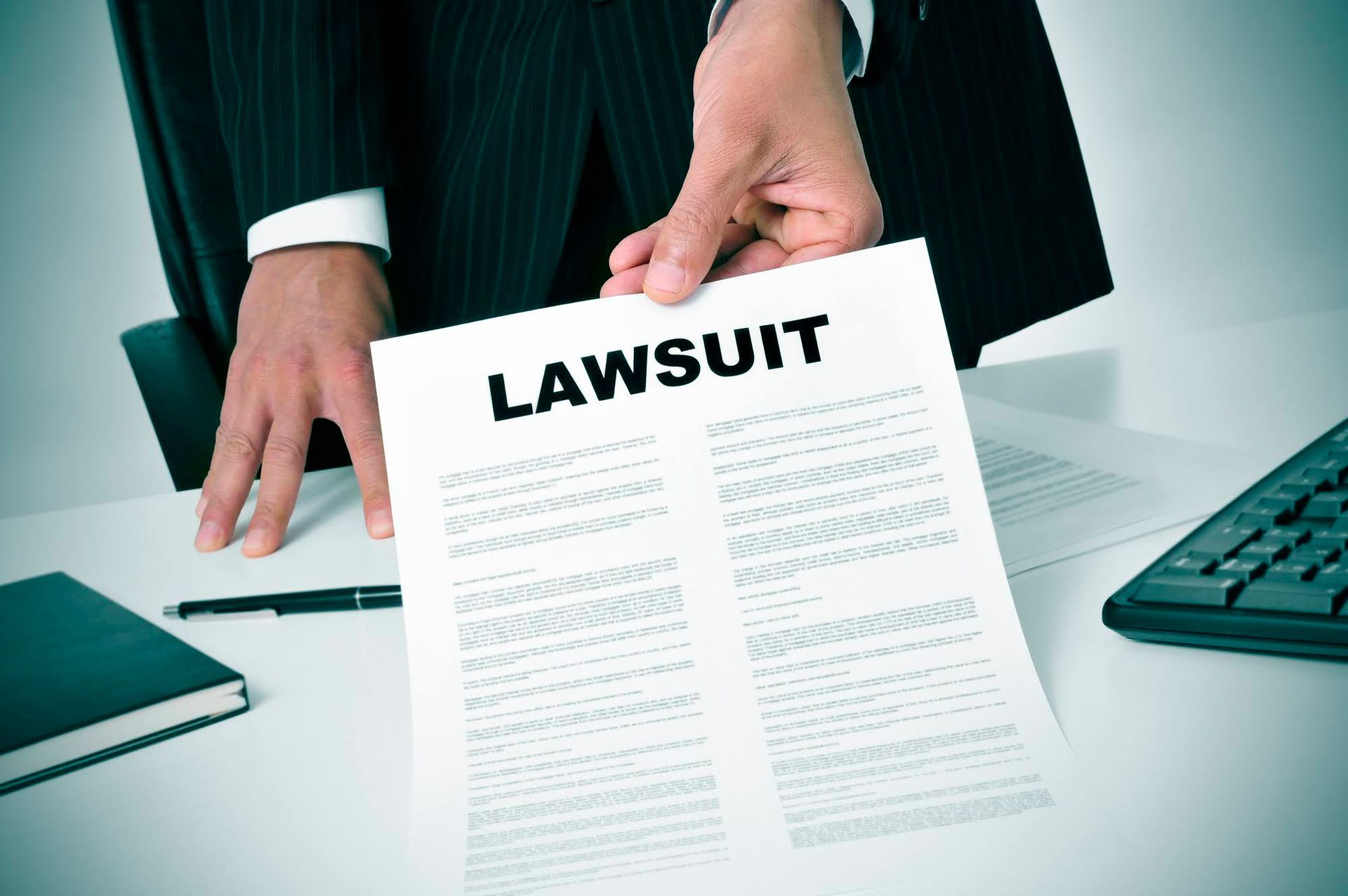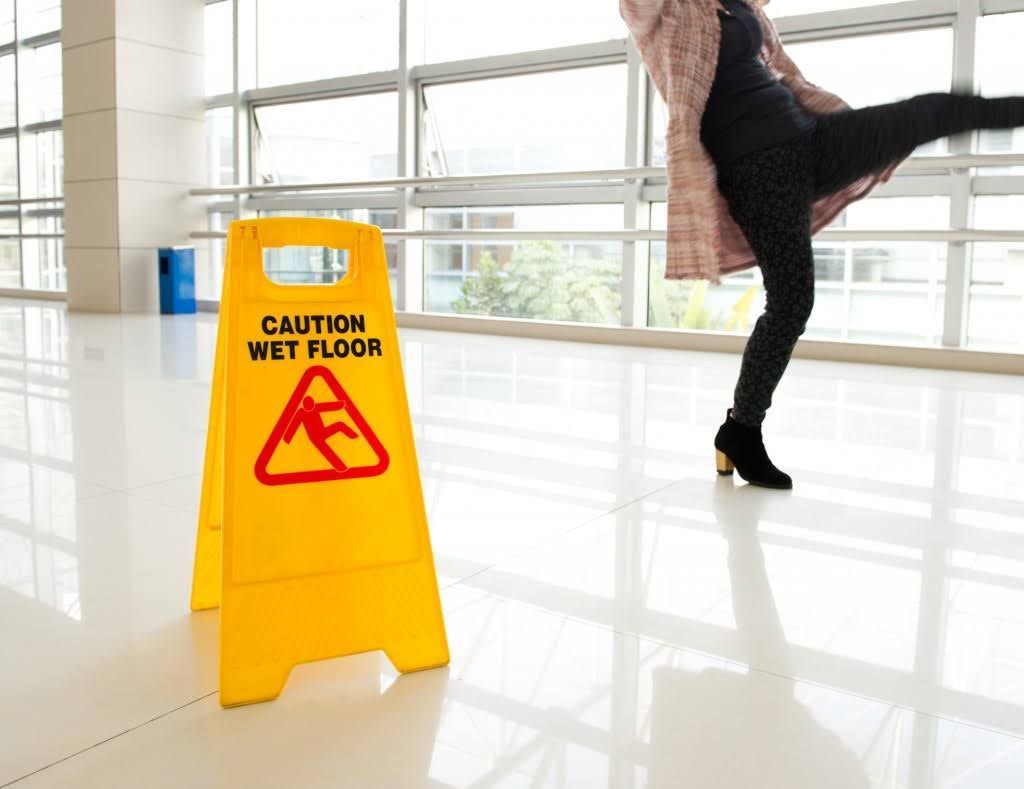4 Key Points About Personal Injury Damages
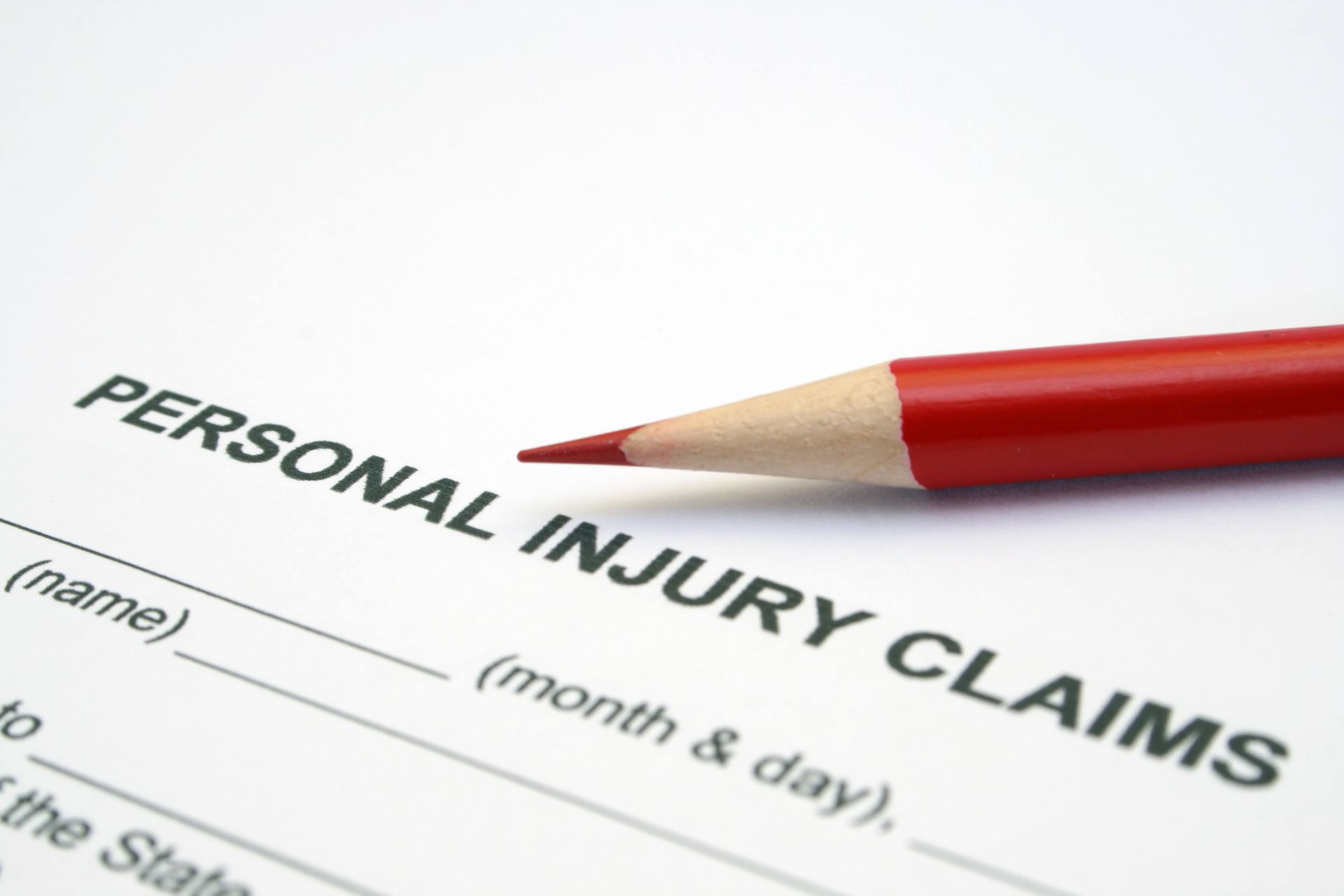
A personal injury can up-end your life in a fraction of a second, leaving you to contend with long-term pain, emotional suffering, and financial challenges. Because the party responsible for your injury or that party's insurance company is customarily unwilling to compensate you fairly as part of the normal claims process, you may need to alternatively seek damages in a court of law.
But, before you leap into the process of filing a personal injury lawsuit in pursuit of compensation, you may benefit from a basic understanding of what kinds of damages for which you might qualify, how to make an effective case for those damages, and how courts determine damage awards. Start with these four key points on the subject.
1. Types of Damages in Personal Injury Claims
Damages in personal injury lawsuits tend to fall into two primary categories: economic and non-economic. Economic damages often include medical expenses related to the injury, such as ambulance transportation, hospital stays, surgery, and ongoing medical needs. They may also include compensation for lost income.
Non-economic damages cover less tangible losses which nevertheless harm your quality of life. These losses may include pain, suffering, emotional anguish, loss of companionship, annoyance, convenience, and diminished ability to enjoy everyday life. You may need an experienced personal injury attorney to help you set the monetary value of both types of damages.
2. Injuries That May Result in Damages
A variety of personal injuries may require you to file a personal injury lawsuit in an effort to collect damages, even when the injuries don’t cause permanent disability. For instance, a fracture or torn muscle that prevented you from working for an extended period might force you to seek compensation for lost wages.
Some injuries can have a permanent negative impact on both your earning ability and your quality of life, such as a traumatic brain or spinal cord injury that leaves you paralyzed or the amputation of a limb that forces you to hire ongoing nursing care. In these cases, you may need sufficient damages to support you indefinitely.
3. Pieces of Evidence for Your Personal Injury Damage Claims
You'll need more than a thorough, well-considered list of economic and non-economic damages when you go to court to request those damages. You hold the burden of proof in demonstrating that the other party acted carelessly, that their carelessness caused your injury, and that your injury has produced the damages you seek.
If your damages include loss of income-earning ability, you may need a rehabilitation specialist or other relevant professional as a key witness who can testify that your injury prohibits you from resuming your chosen work. You may also need other experts to testify about the damage done to your quality of life.
4. Damage Award Calculations Specific to West Virginia
U.S. states vary in their policies for awarding damage claims in personal injury cases based on liability. While somewhat modified, West Virginia generally adheres to the rule of comparative fault. Under this rule, if the other party holds only a certain percentage of liability for your injury, you may receive only that percentage of your claimed damages.
West Virginia courts make an exception to this rule in cases involving dog bites. If a dog bites and injures you, the owner of the dog is normally faced with strict liability, meaning in part that this individual must pay full damages instead of a percentage of damages.
However, certain limits apply to non-economic damages in West Virginia in certain types of claims. For example, if you've sustained a catastrophic permanent injury as a result of medical negligence, you can only request up to $500,000 in non-economic damages. If you sustained a lesser injury, you can sometimes only request up to one-half of that amount in non-economic damages.
With all of this now shared with you, if an individual or organization holds liability for causing you to sustain a devastating personal injury, legal counsel from the experienced professionals at Higinbotham & Higinbotham PLLC can discuss your case with you, calculate the damages you need and deserve, and then help you pursue those damages. Don’t wait until it’s too late . . . contact us today !!
